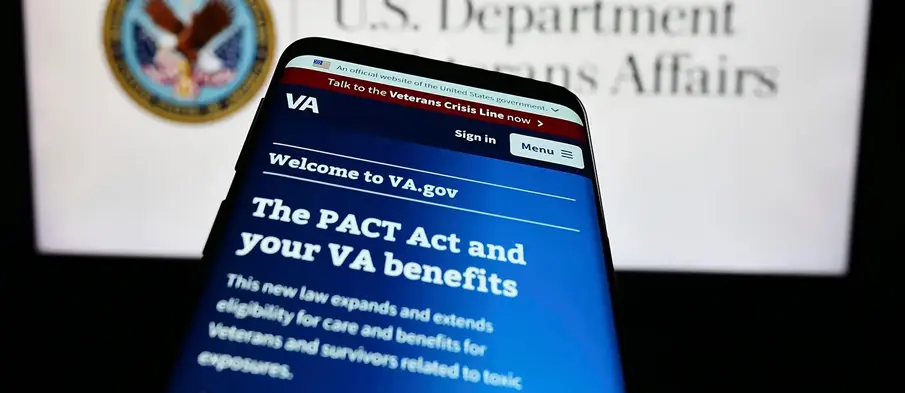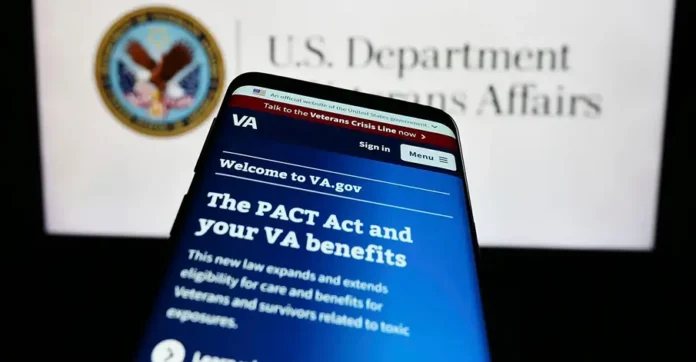
Sensitive financial and medical information belonging to millions of veterans may be at risk of theft or compromise due to recent government staff reductions, according to a cybersecurity expert formerly responsible for protecting VA.gov, the Department of Veterans Affairs’ online benefits portal.
Jonathan Kamens, who previously led cybersecurity efforts for VA.gov, expressed concerns that his dismissal on February 14, along with dozens of others, could leave the site vulnerable. Kamens stated that he does not believe his role will be replaced, potentially resulting in inadequate oversight of cybersecurity measures.
“Given how the government has been functioning for the last month, I don’t think the people at VA … are going to be able to replace me,” Kamens told The Associated Press. “I think they’re going to be lacking essential oversight over cybersecurity processes for VA.gov.”
Kamens had worked for over a year at the U.S. Digital Service (USDS) before being let go as part of a downsizing effort led by the newly created Department of Government Efficiency (DOGE), overseen by presidential adviser Elon Musk. He was among approximately 40 USDS employees terminated via email.
Millions of veterans and their families rely on VA.gov each month, and the platform stores highly sensitive data, including bank and credit card details. While other team members will continue working on cybersecurity, Kamens argued that his specialized expertise is irreplaceable, as he was the only government employee with an engineering technical background dedicated to securing the site.
“VA.gov has access to a huge number of databases within VA in order to provide all of those benefits and services to veterans,” Kamens explained. “So if that information can’t be kept secure, then all of that information is at risk and could be compromised by a bad actor.”
In response, Veterans Affairs spokesperson Peter Kasperowicz downplayed the impact of Kamens’ departure, stating that VA employs hundreds of cybersecurity professionals among its nearly 470,000 staff members.
Meanwhile, over 20 civil service employees who had previously worked with USDS resigned from DOGE the following day, citing concerns about the dismantling of essential public services.
Kamens, who underwent extensive background checks and drug testing before gaining access to veterans’ data, questioned why similar vetting processes were not required for Musk and DOGE personnel.
“I don’t think they should have access to that data,” he said. “These are people who have never been background-checked. They’re not confirmed to be trustworthy.”
He also warned that DOGE’s efforts to centralize data across agencies could increase security risks. Previously, data was isolated within individual agencies, creating a natural barrier against misuse. Kamens described growing confusion within the department since DOGE took over, with employees unclear about management structure, isolated in their work, and sometimes locked out of essential systems.
“The only motive that I can think of,” Kamens speculated, “is exactly because they want to be able to use that data to harm citizens that they perceive as enemies of the state.”





